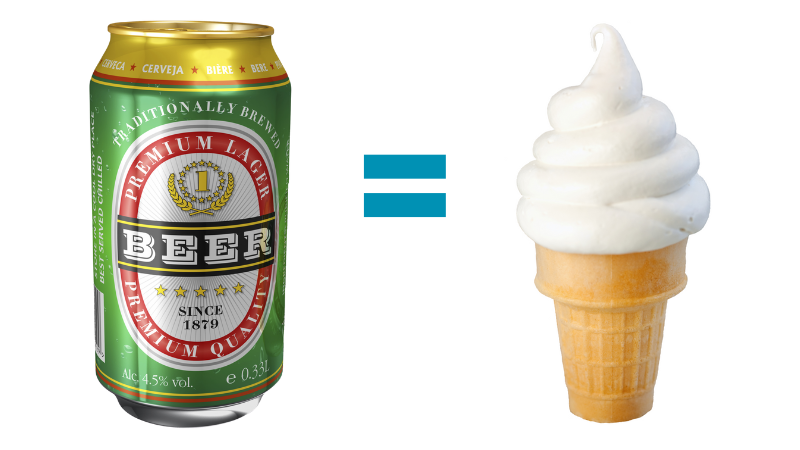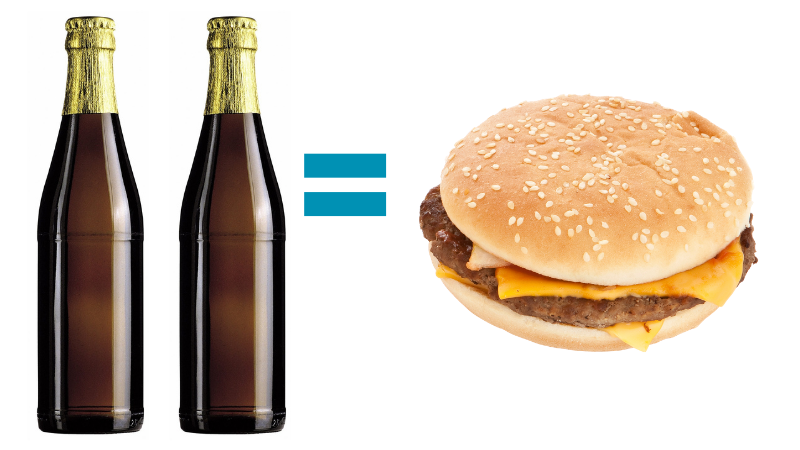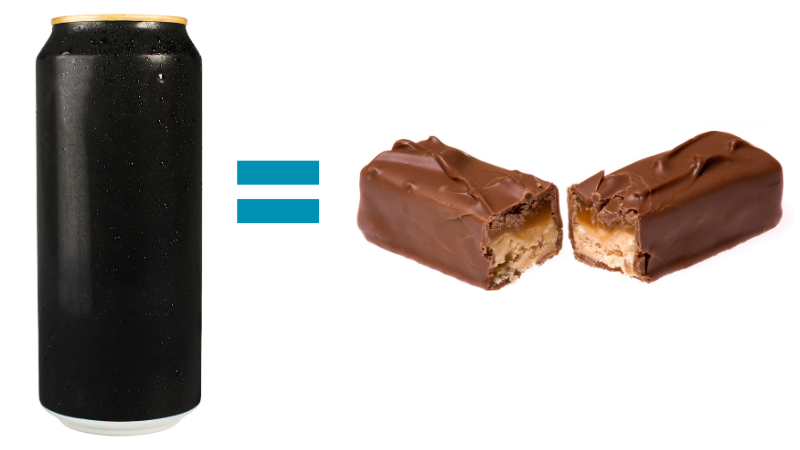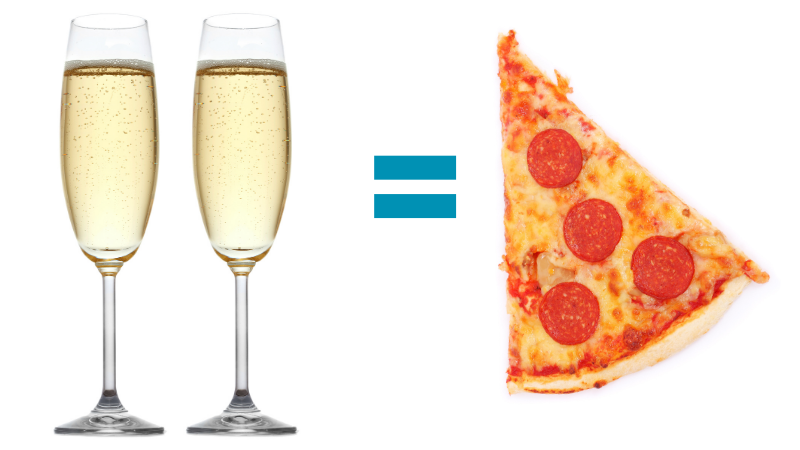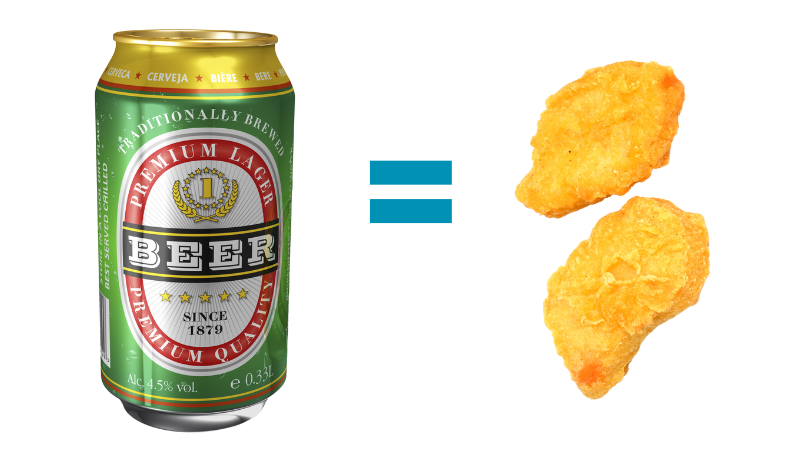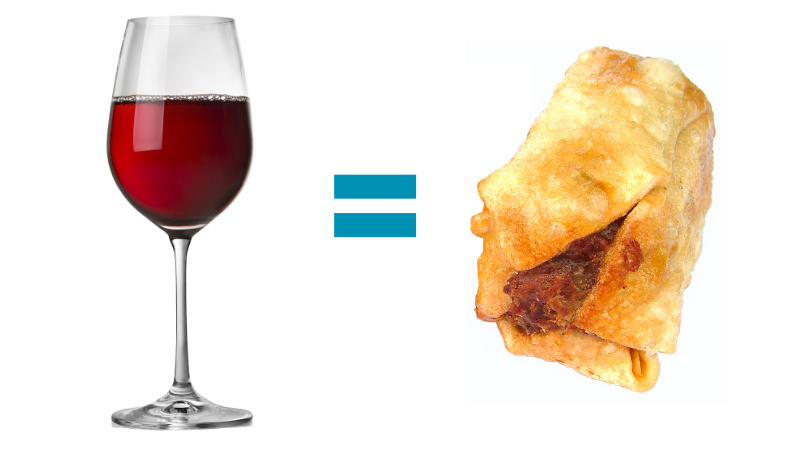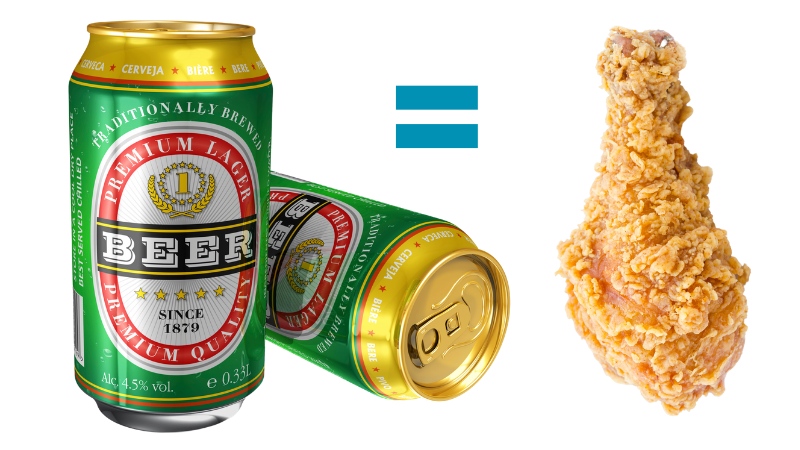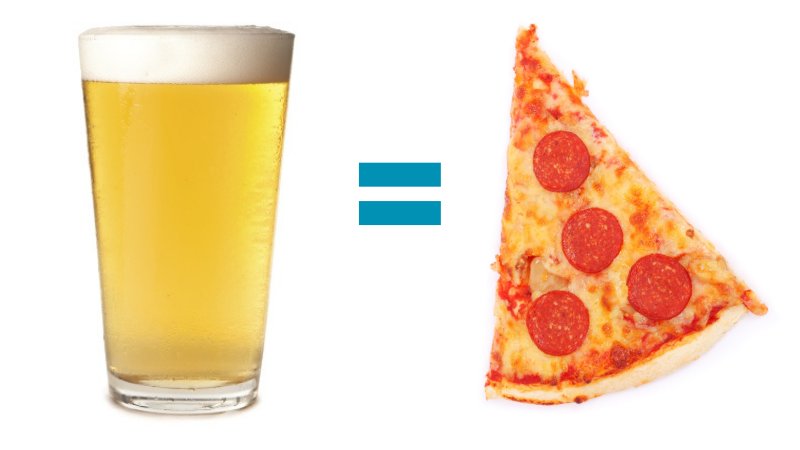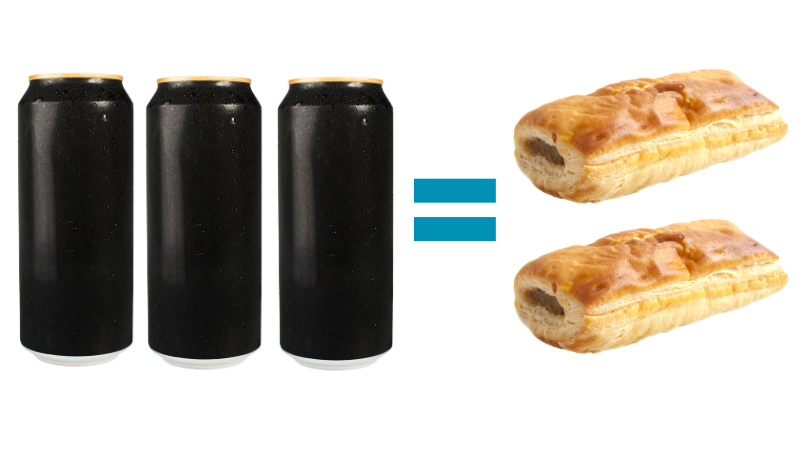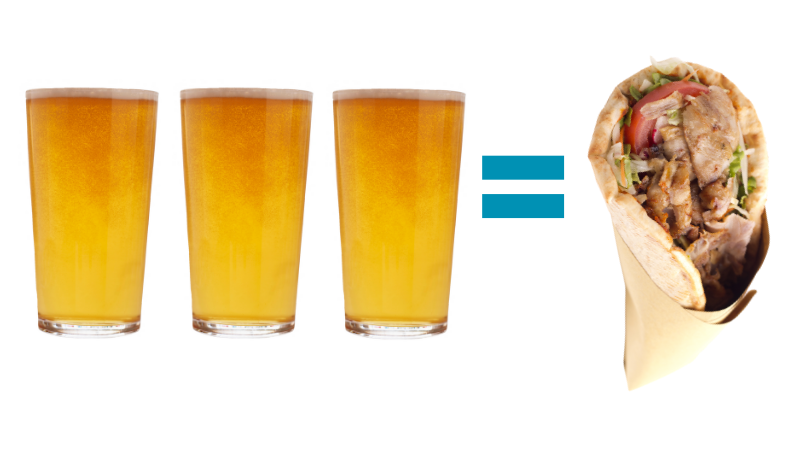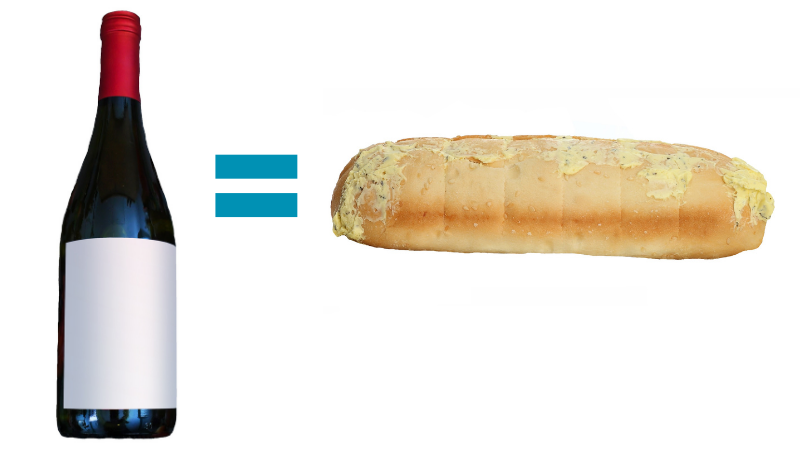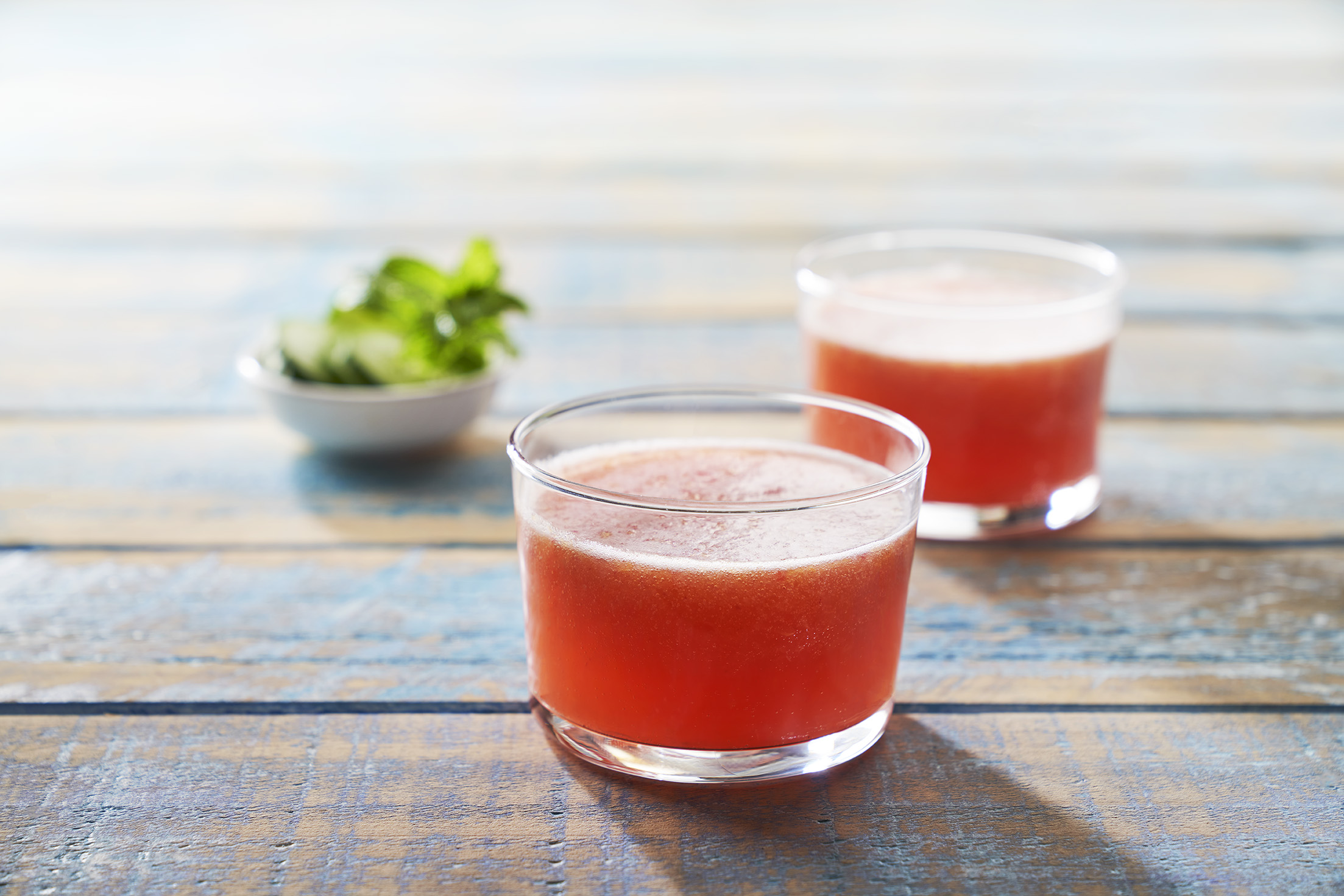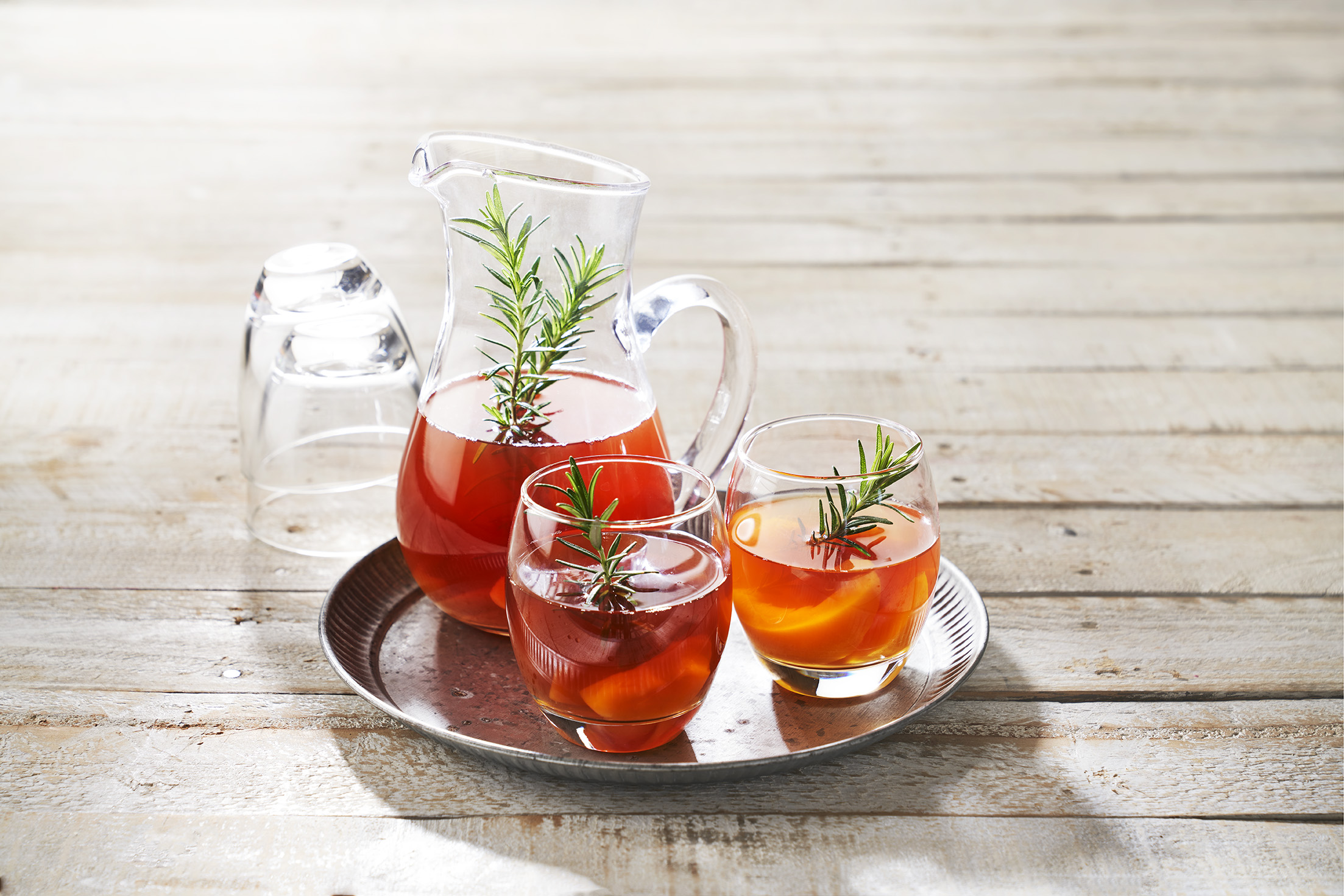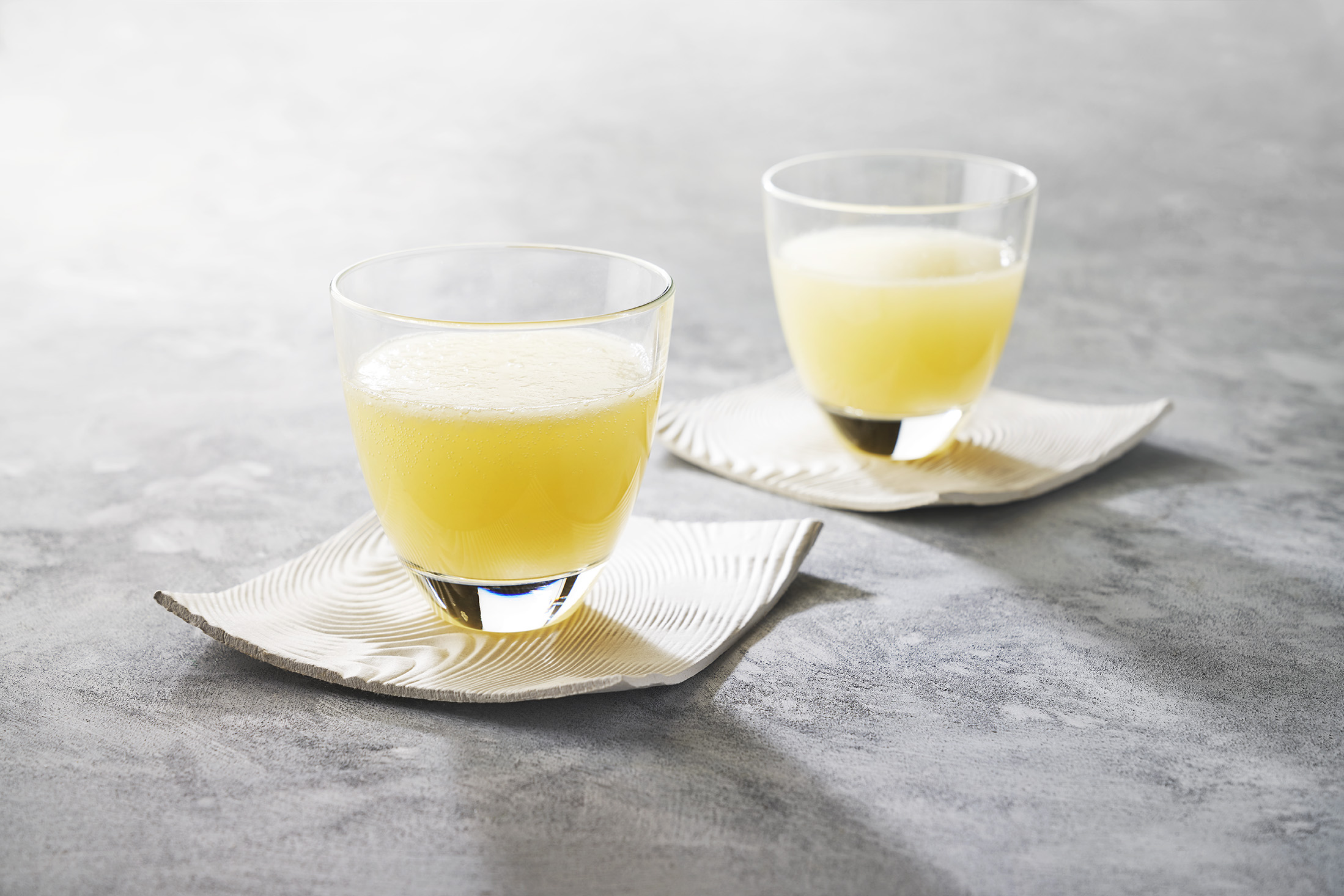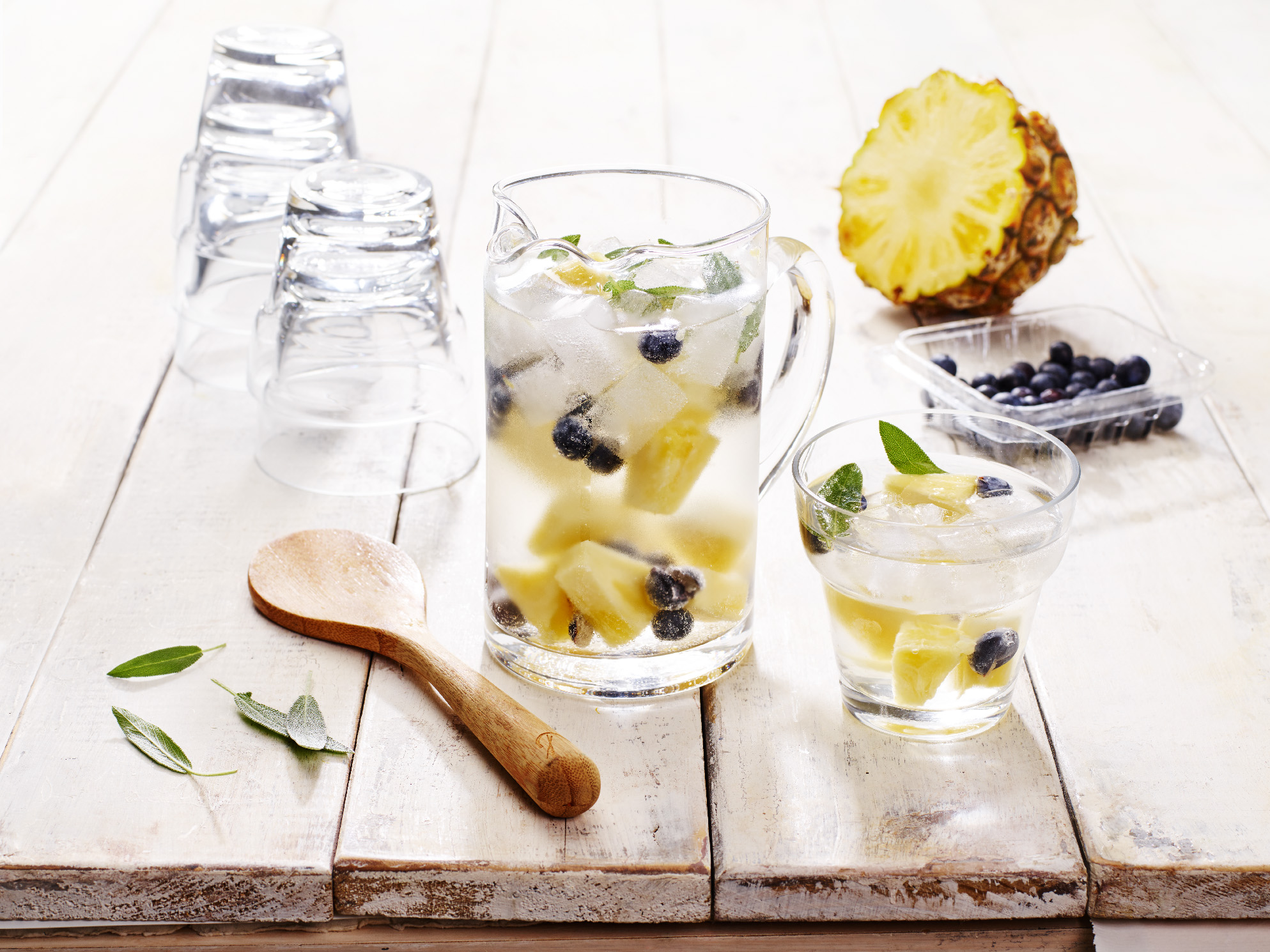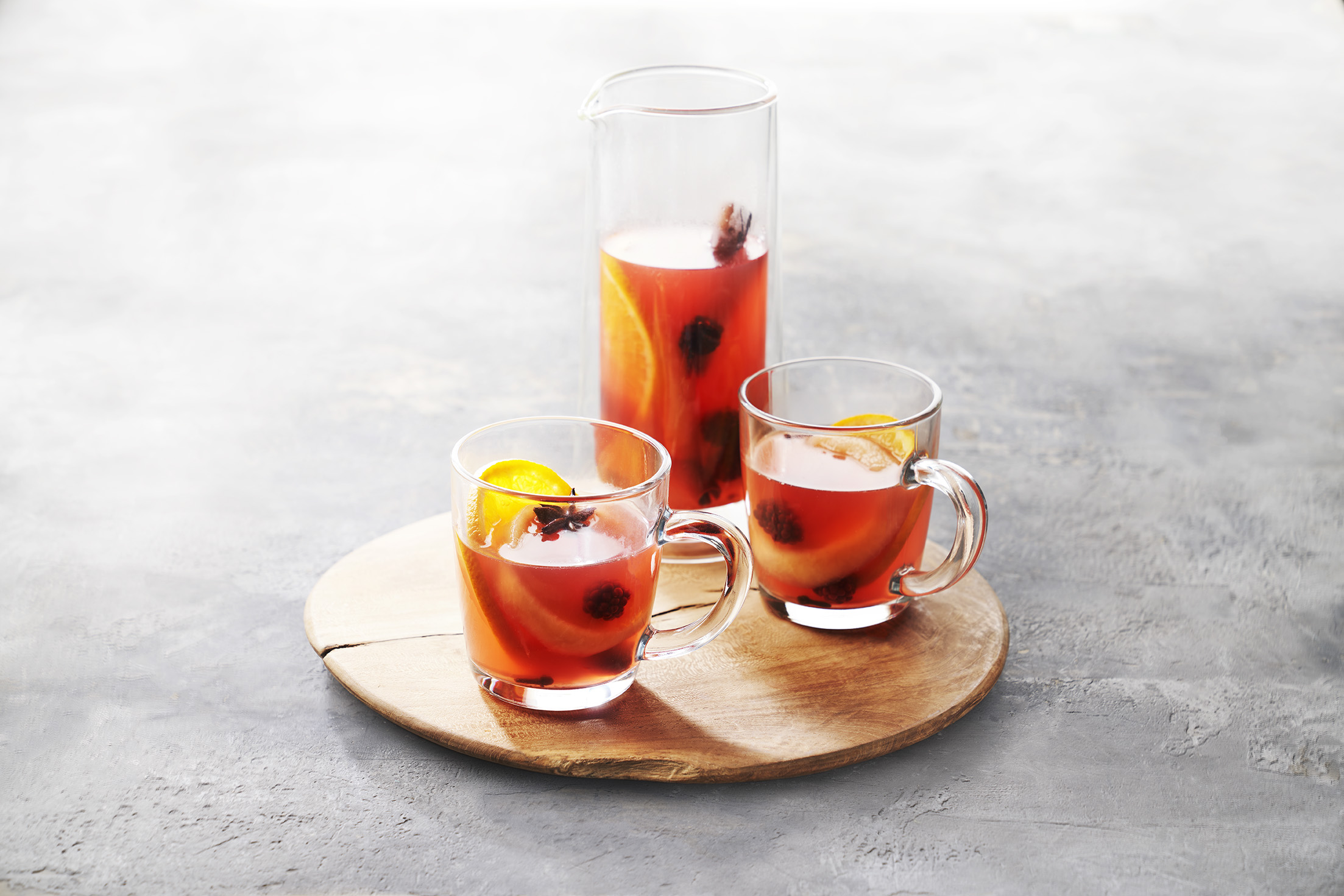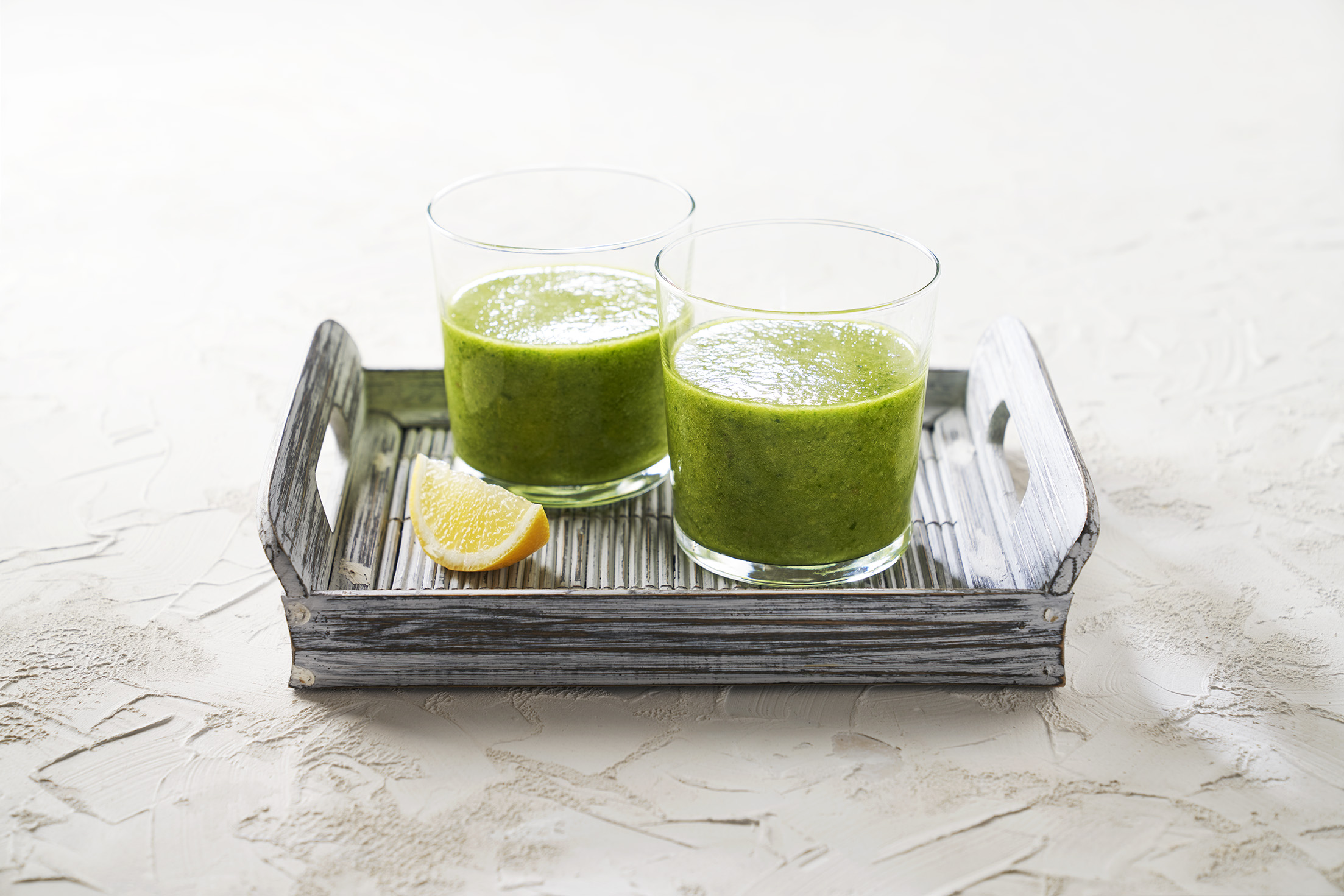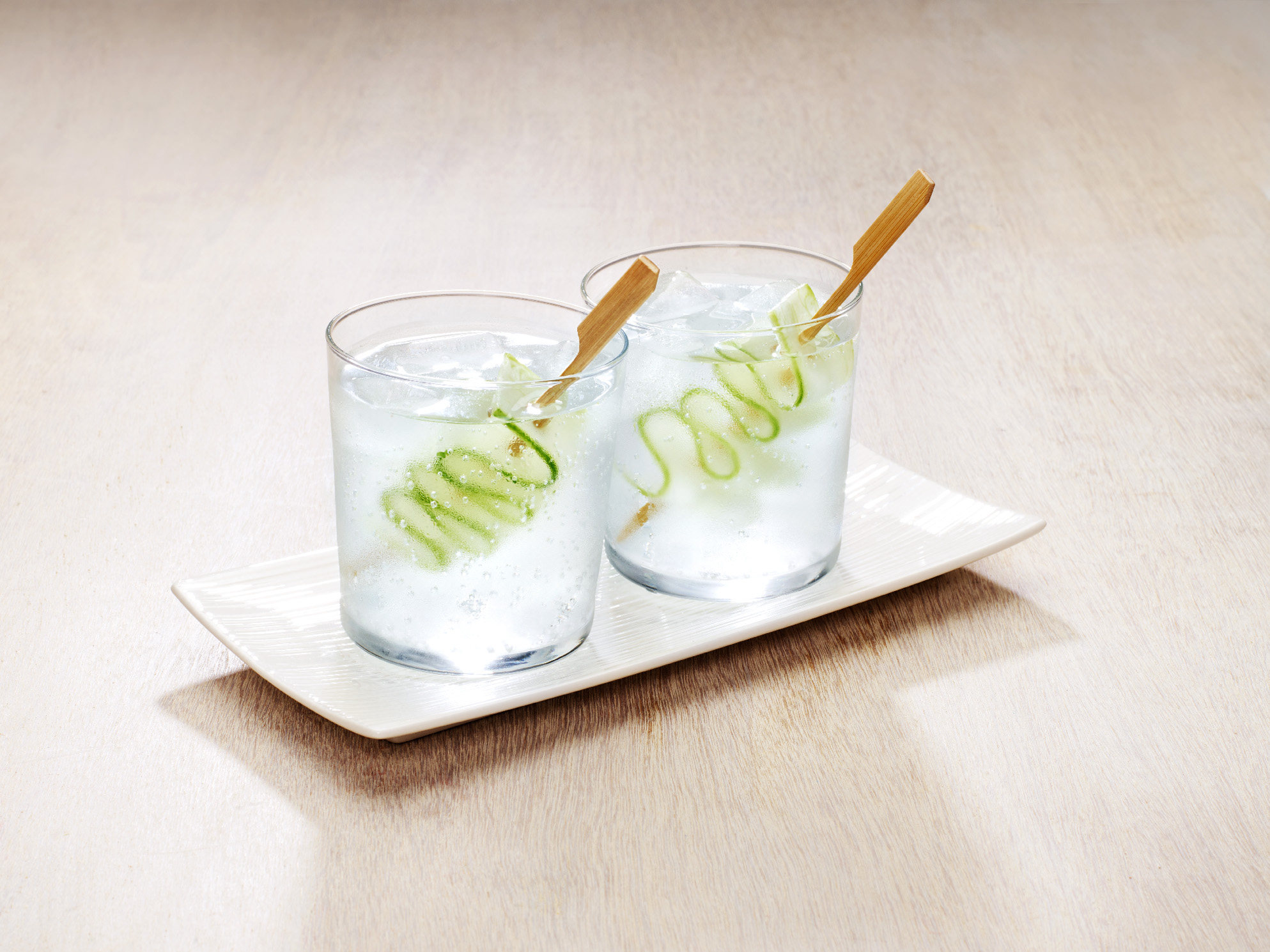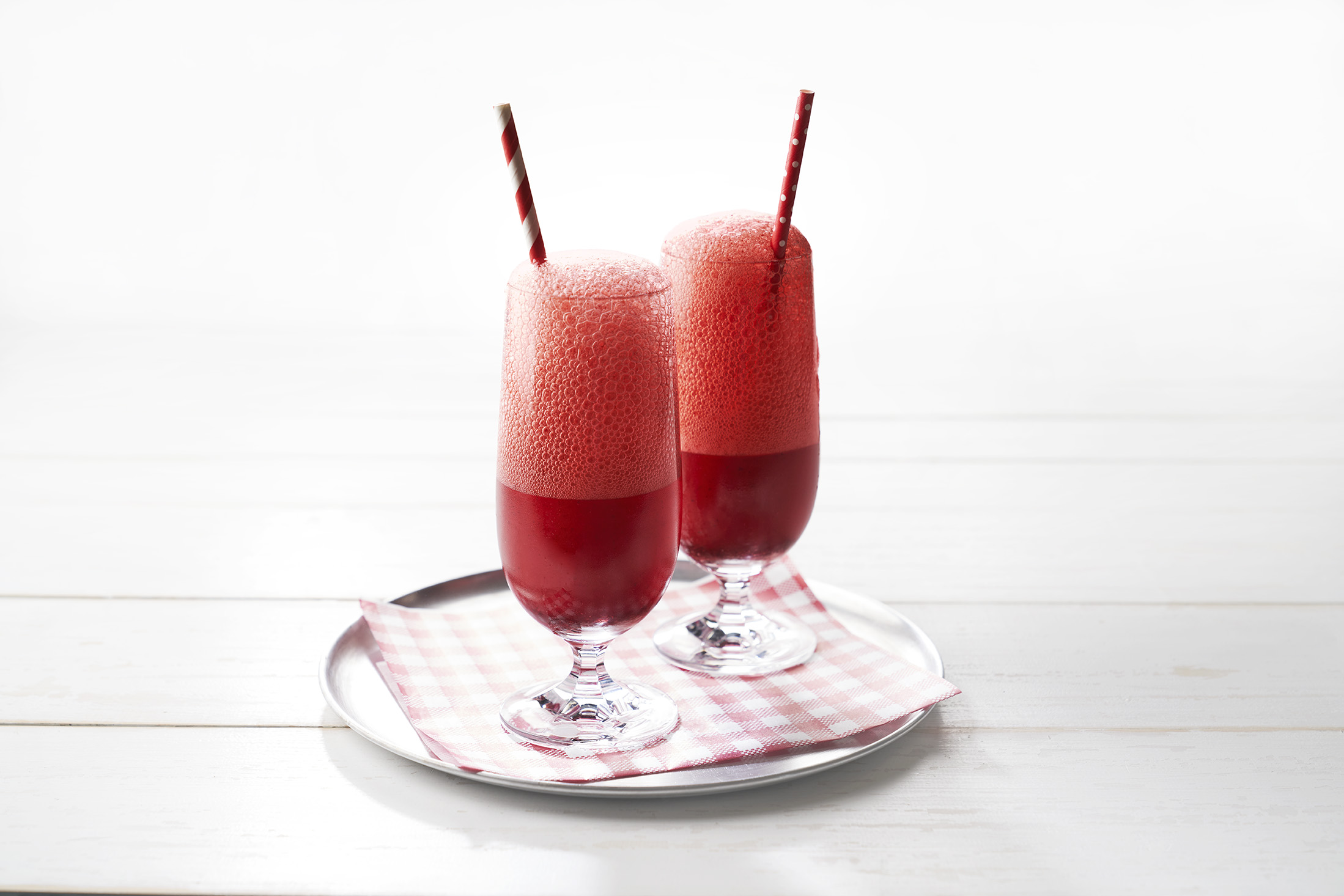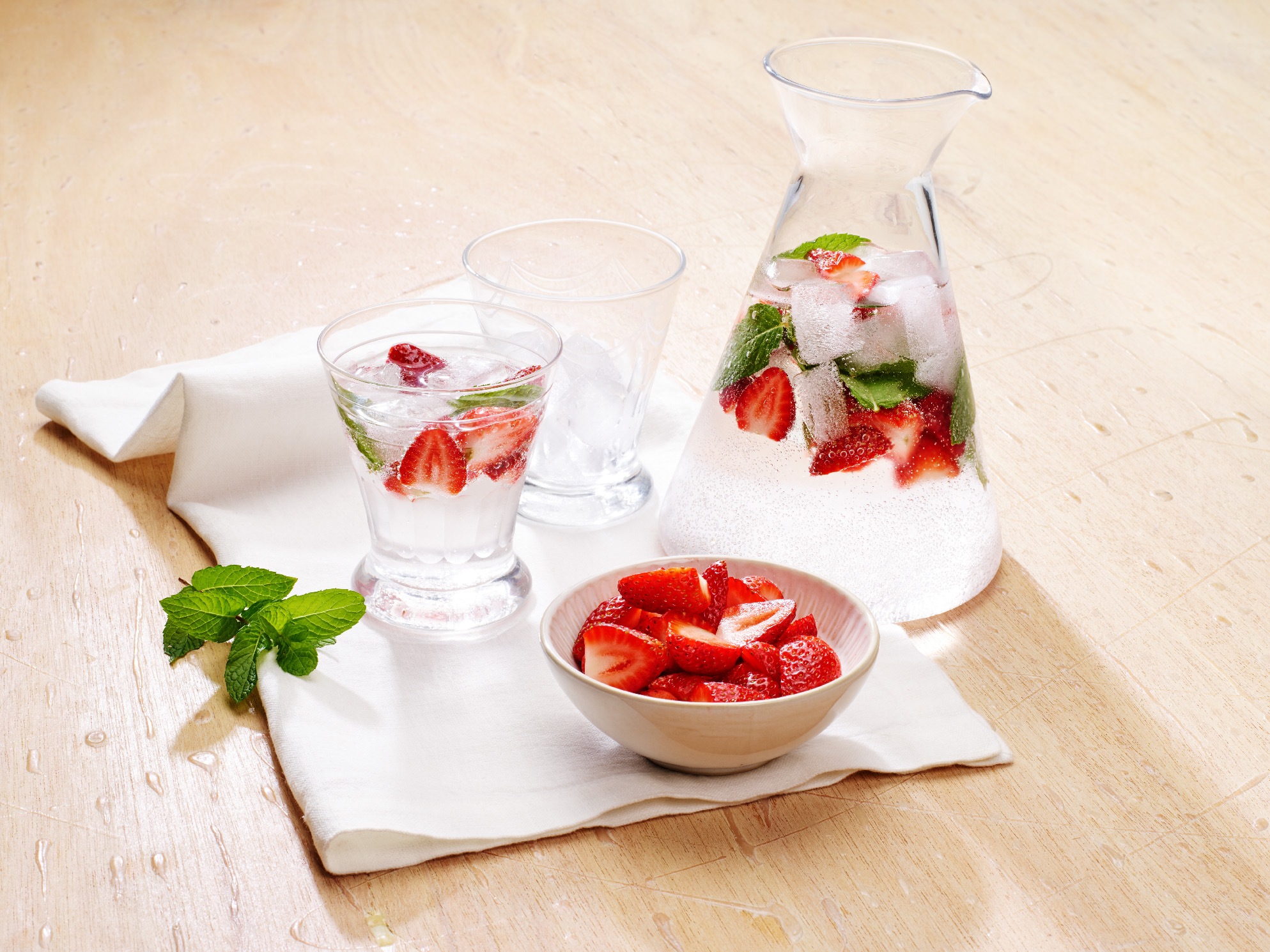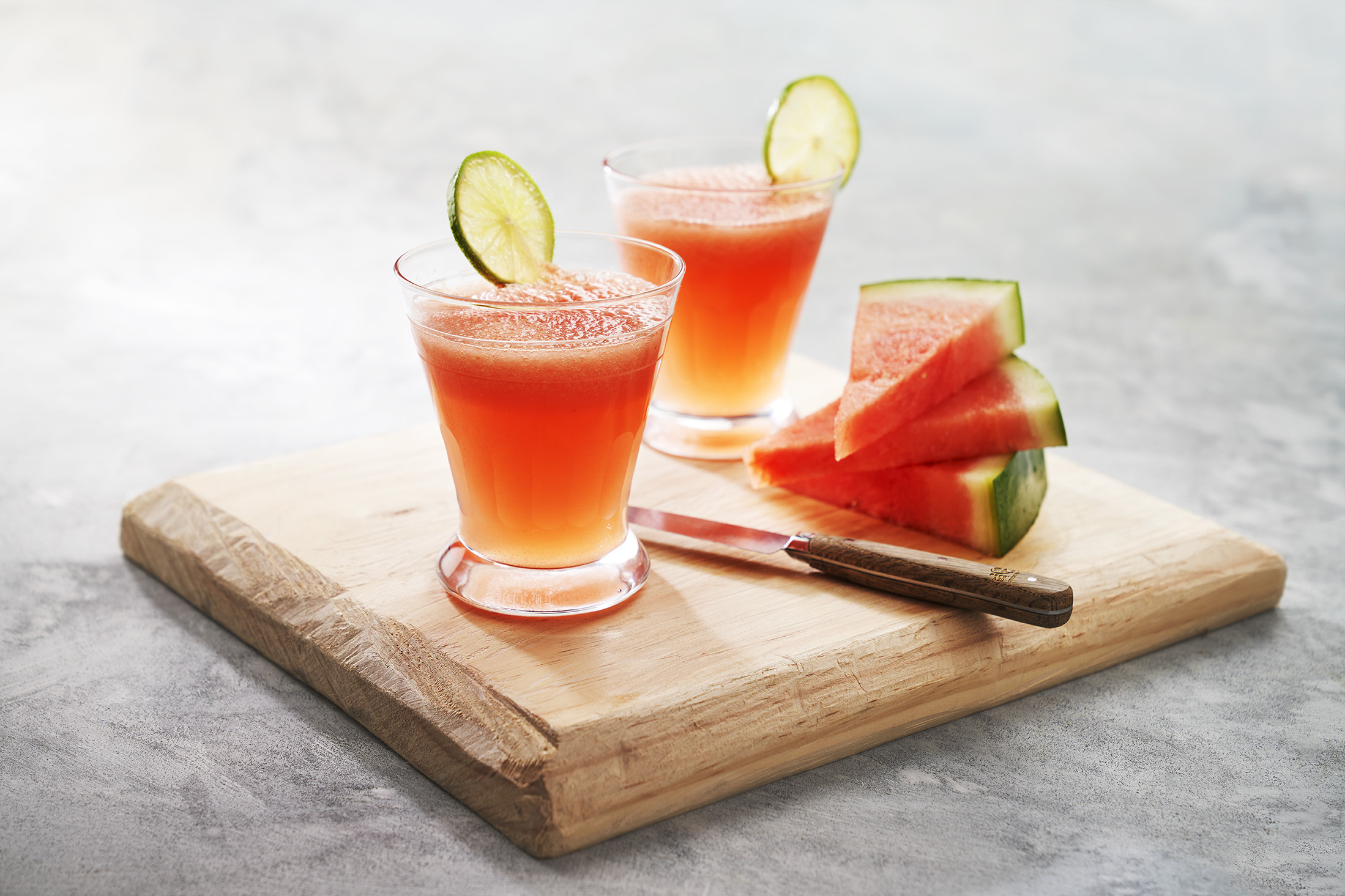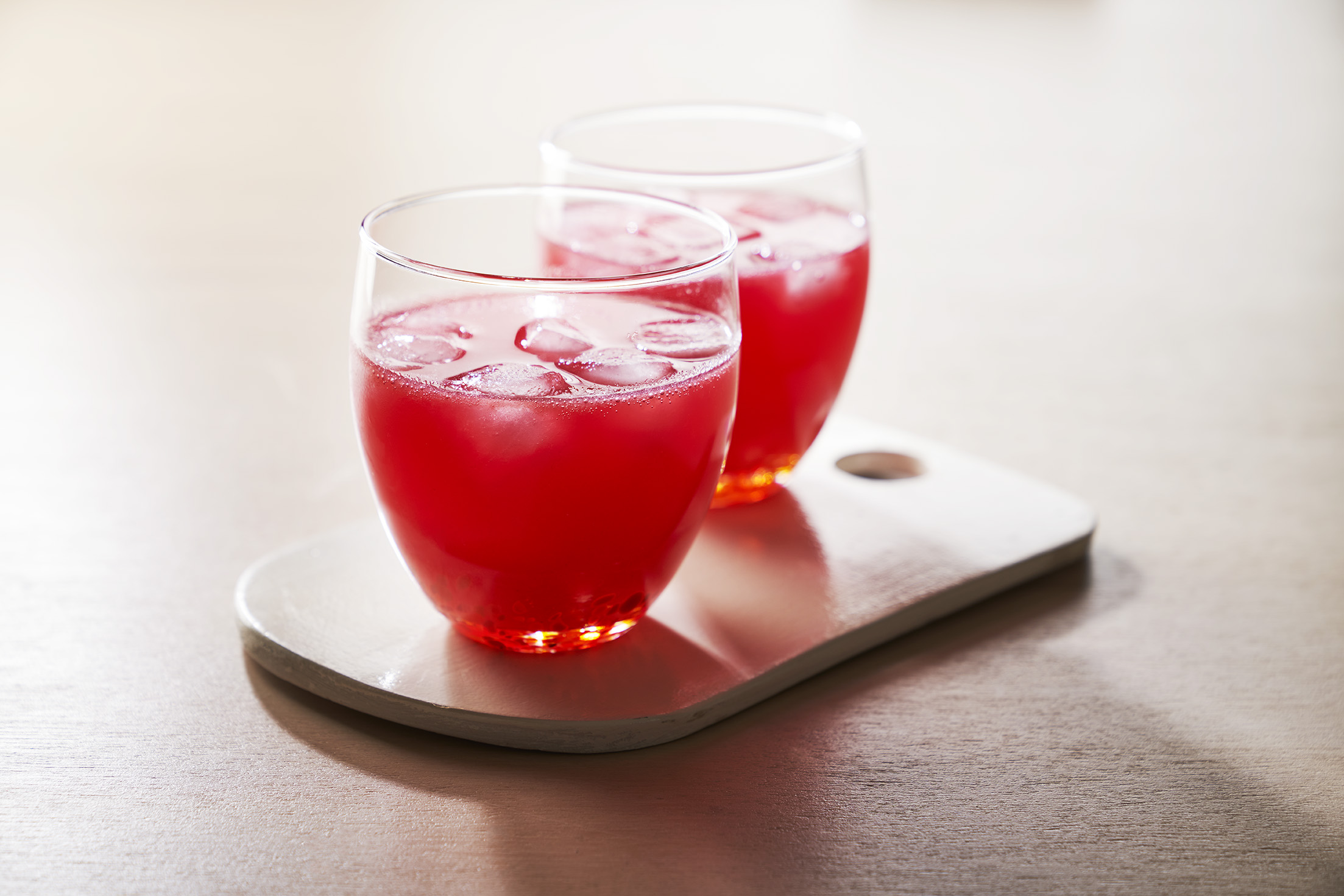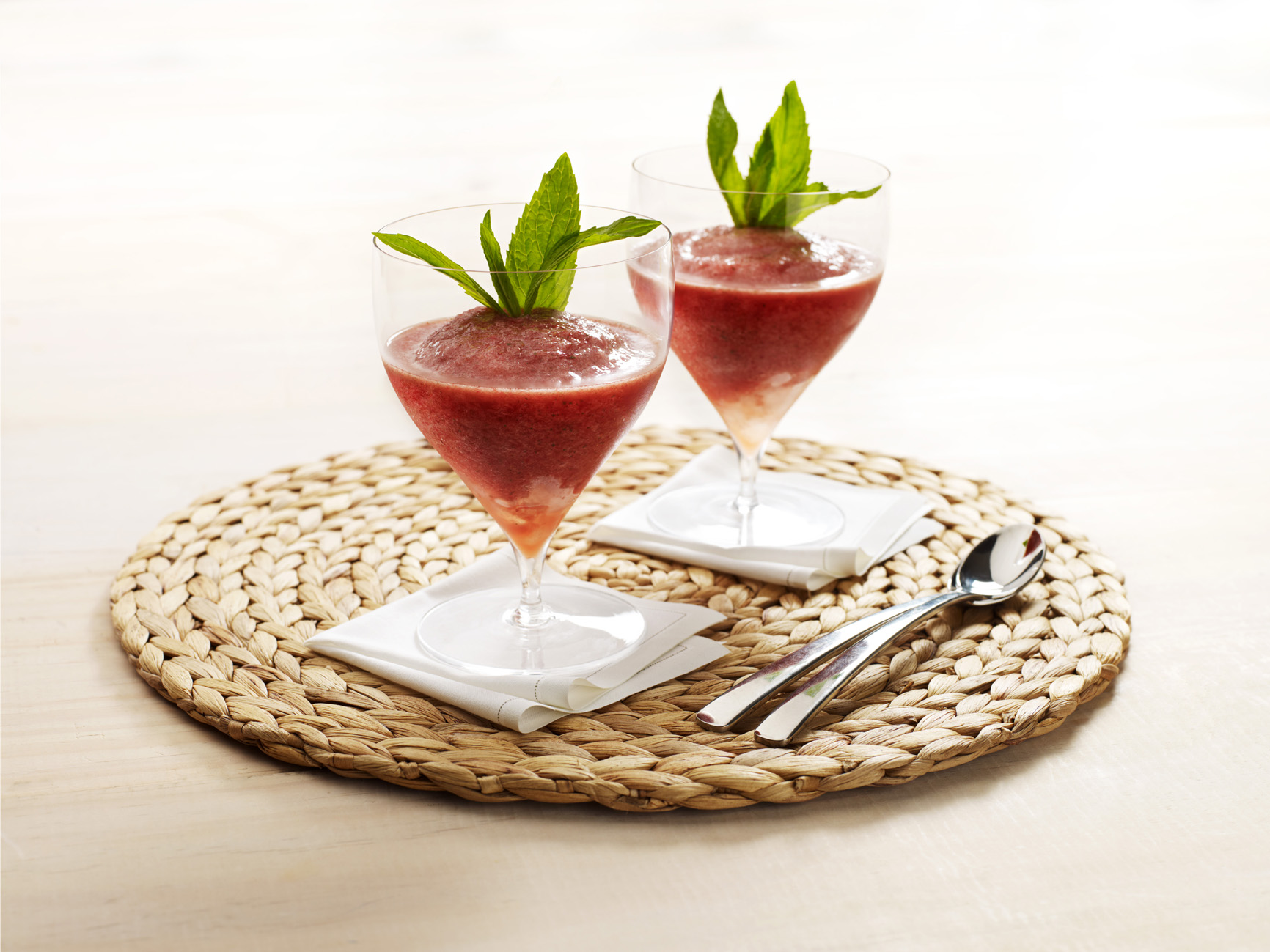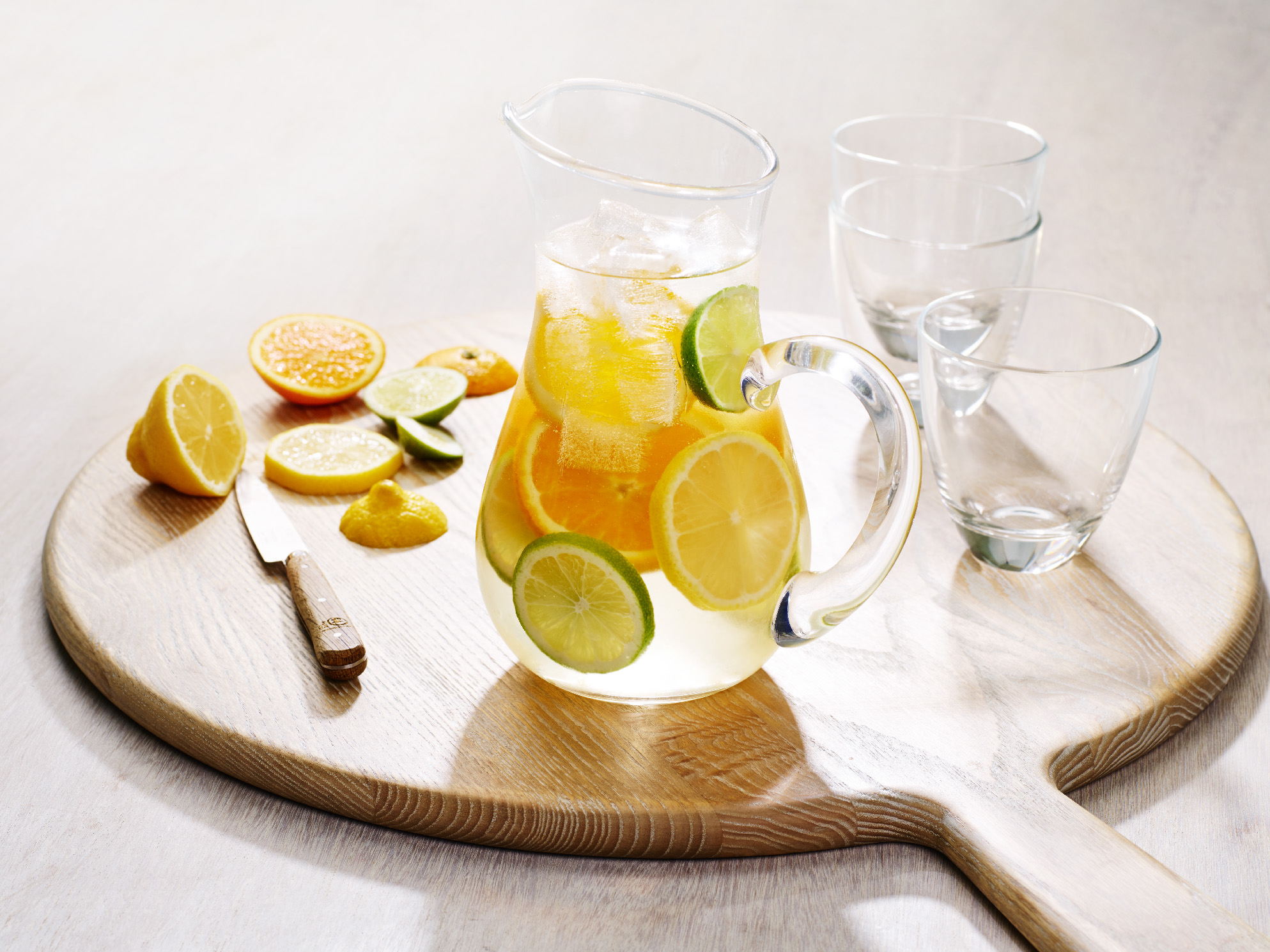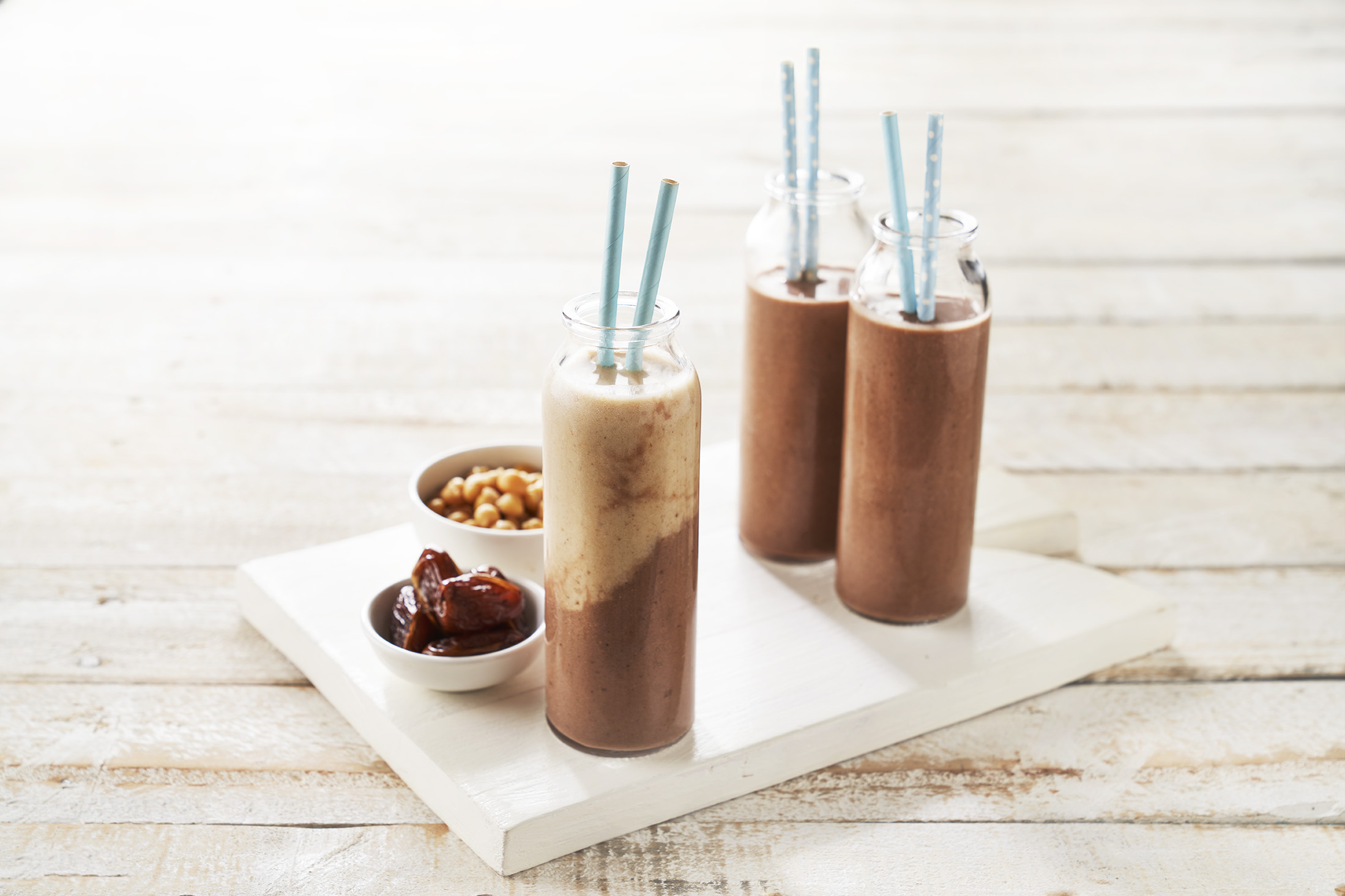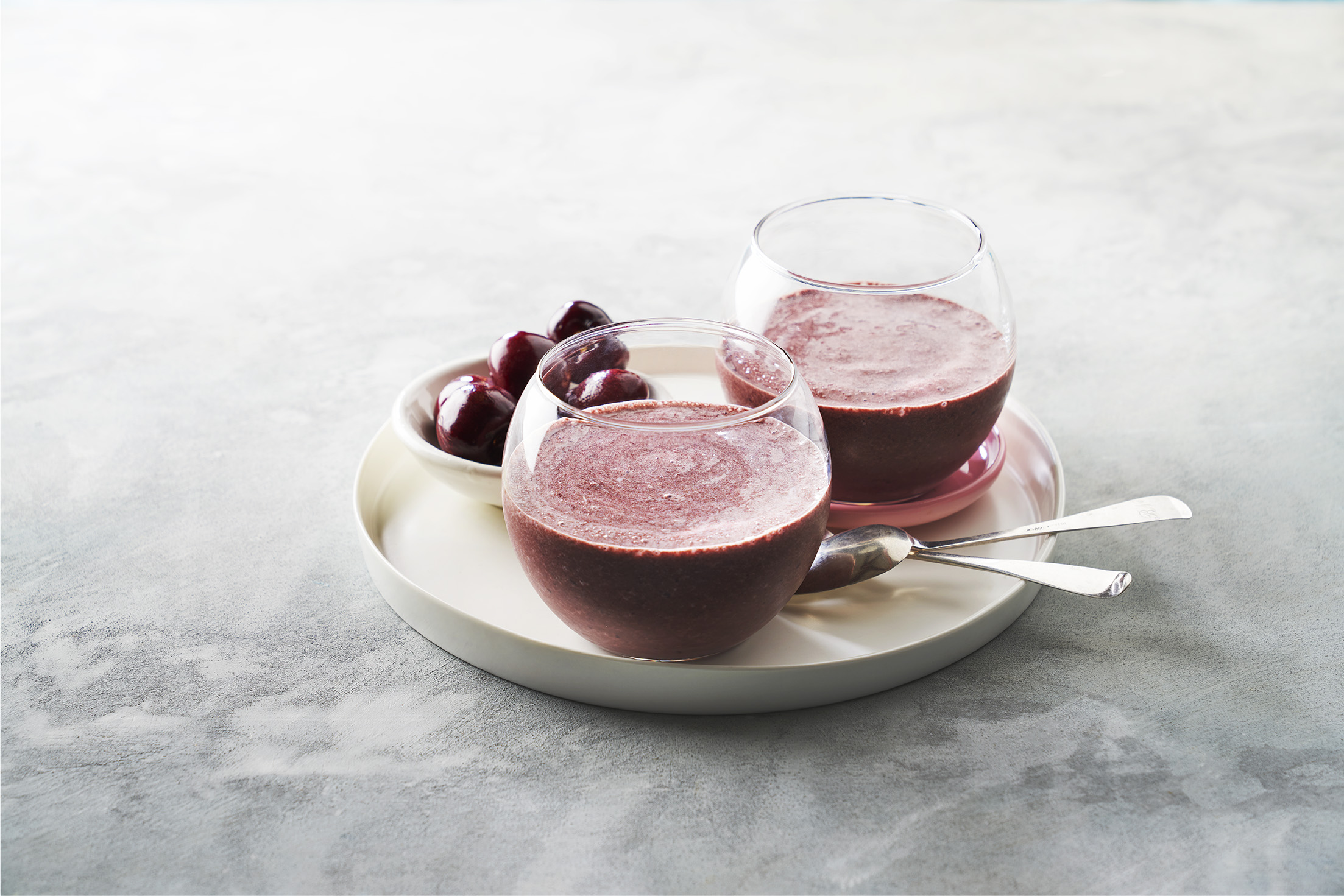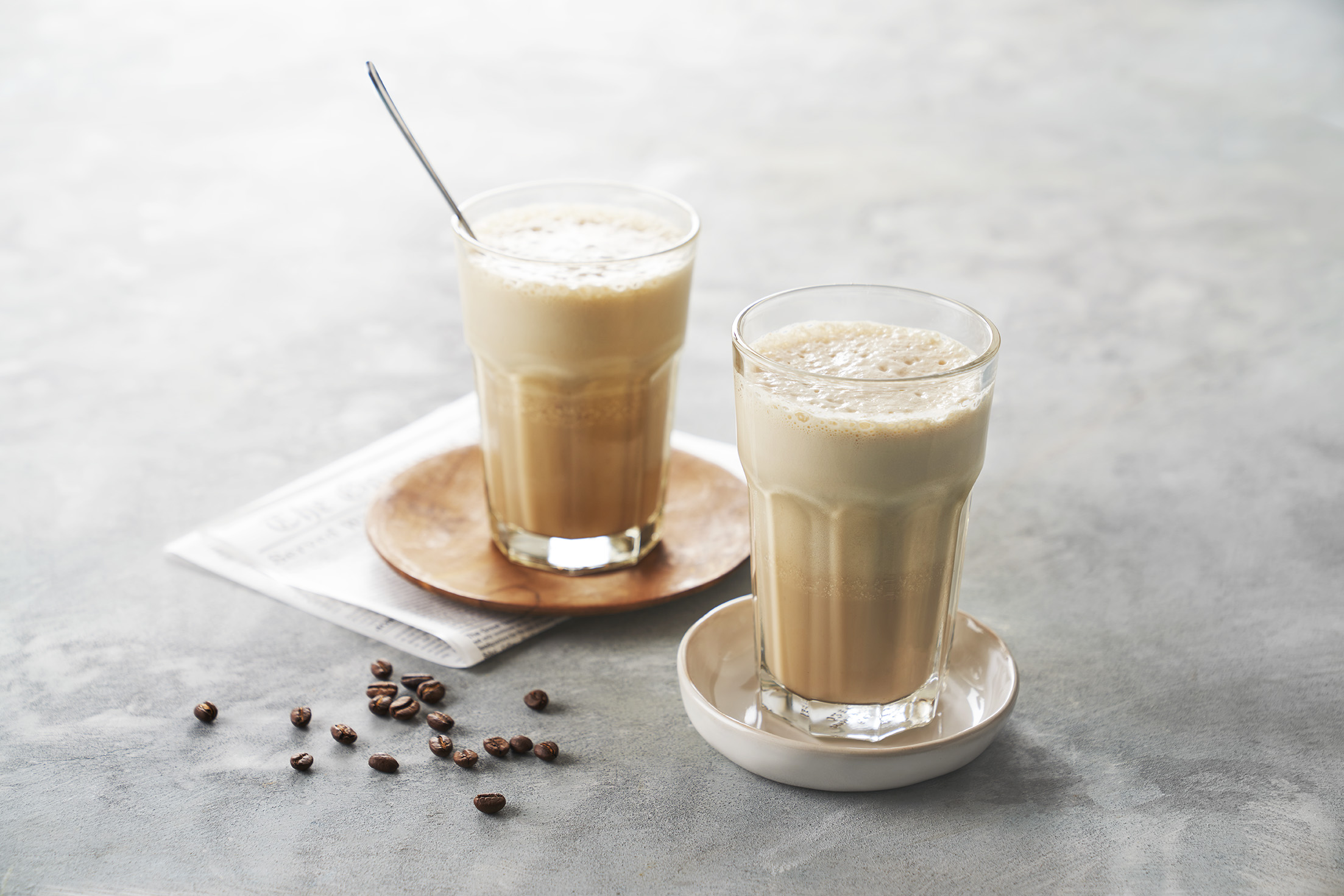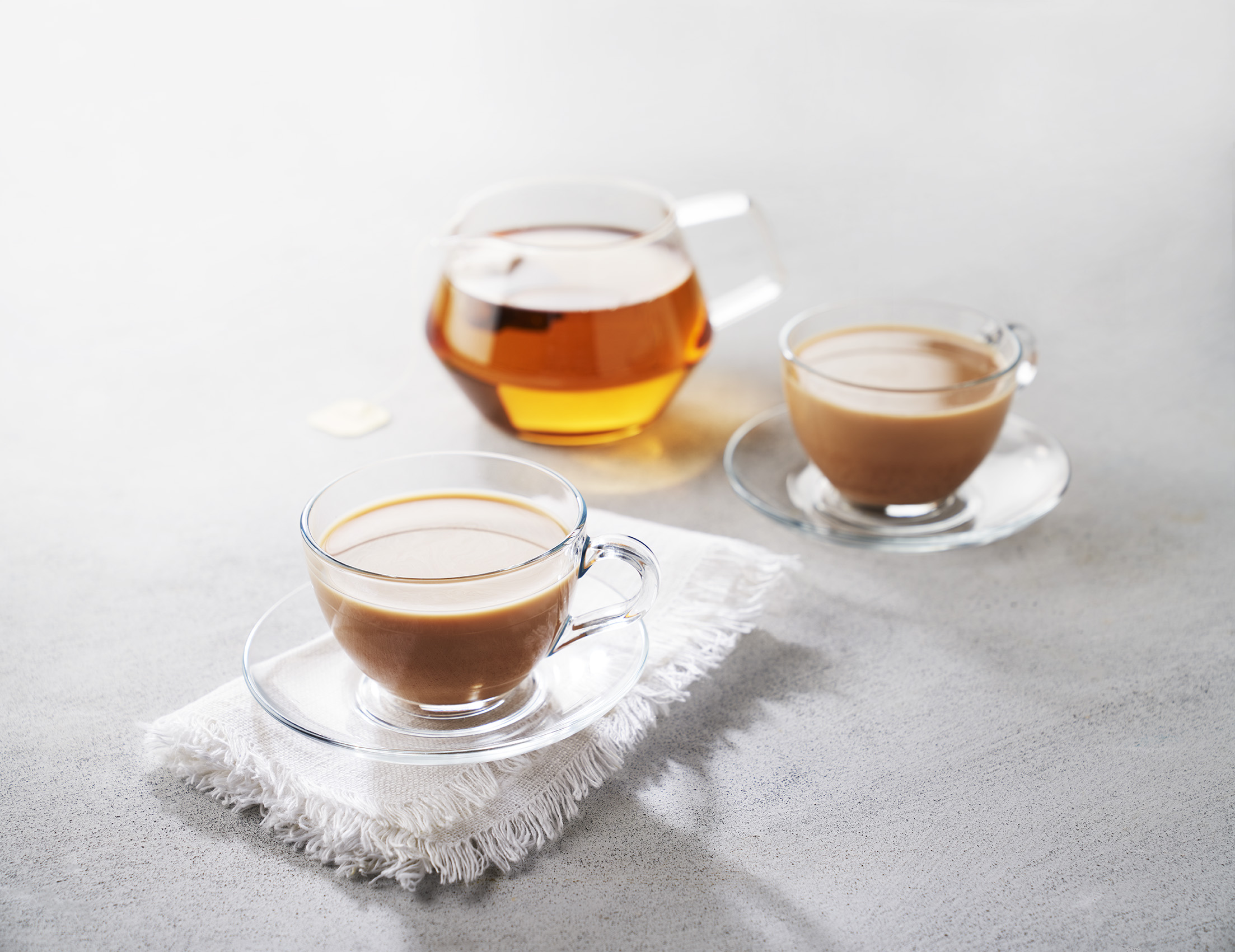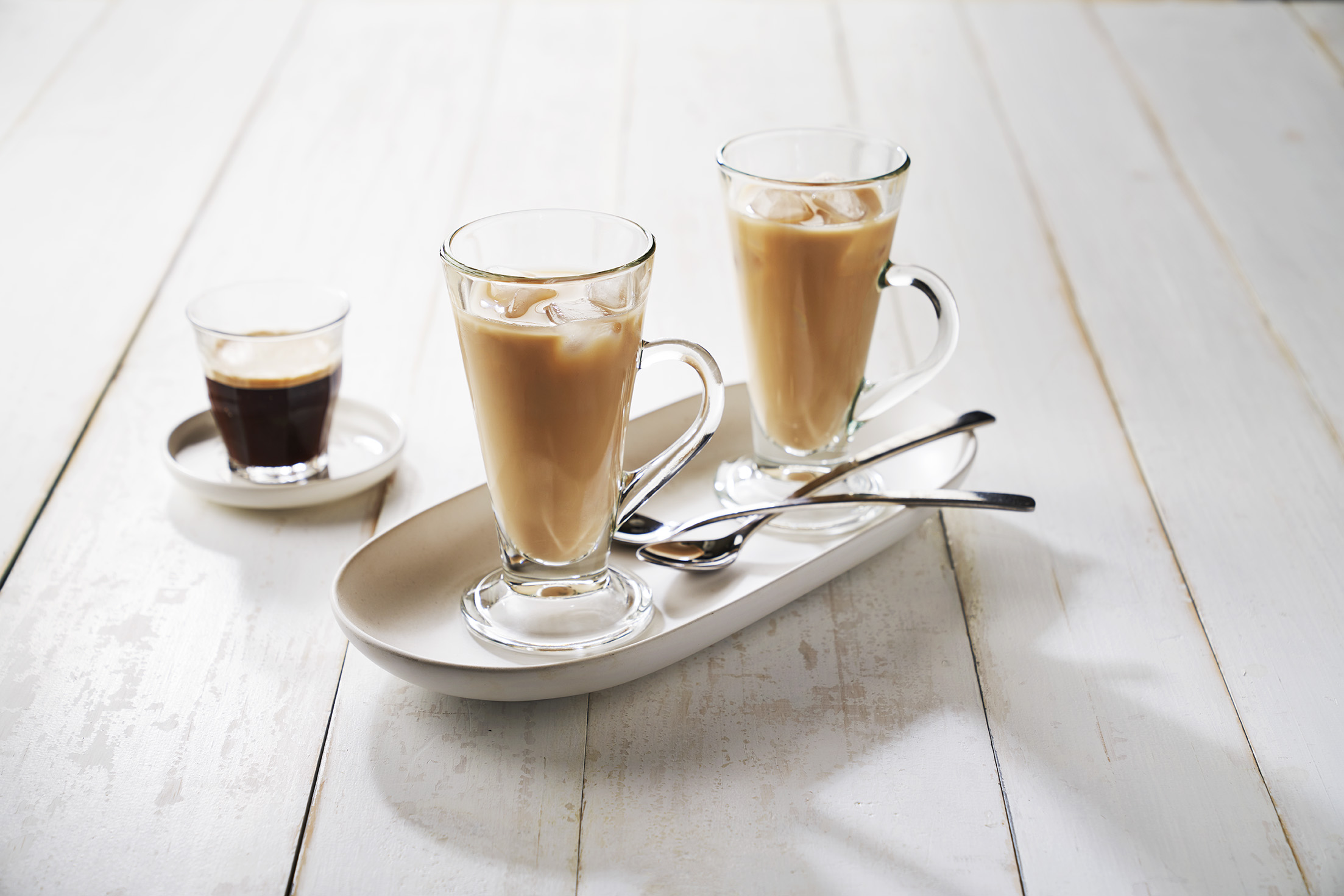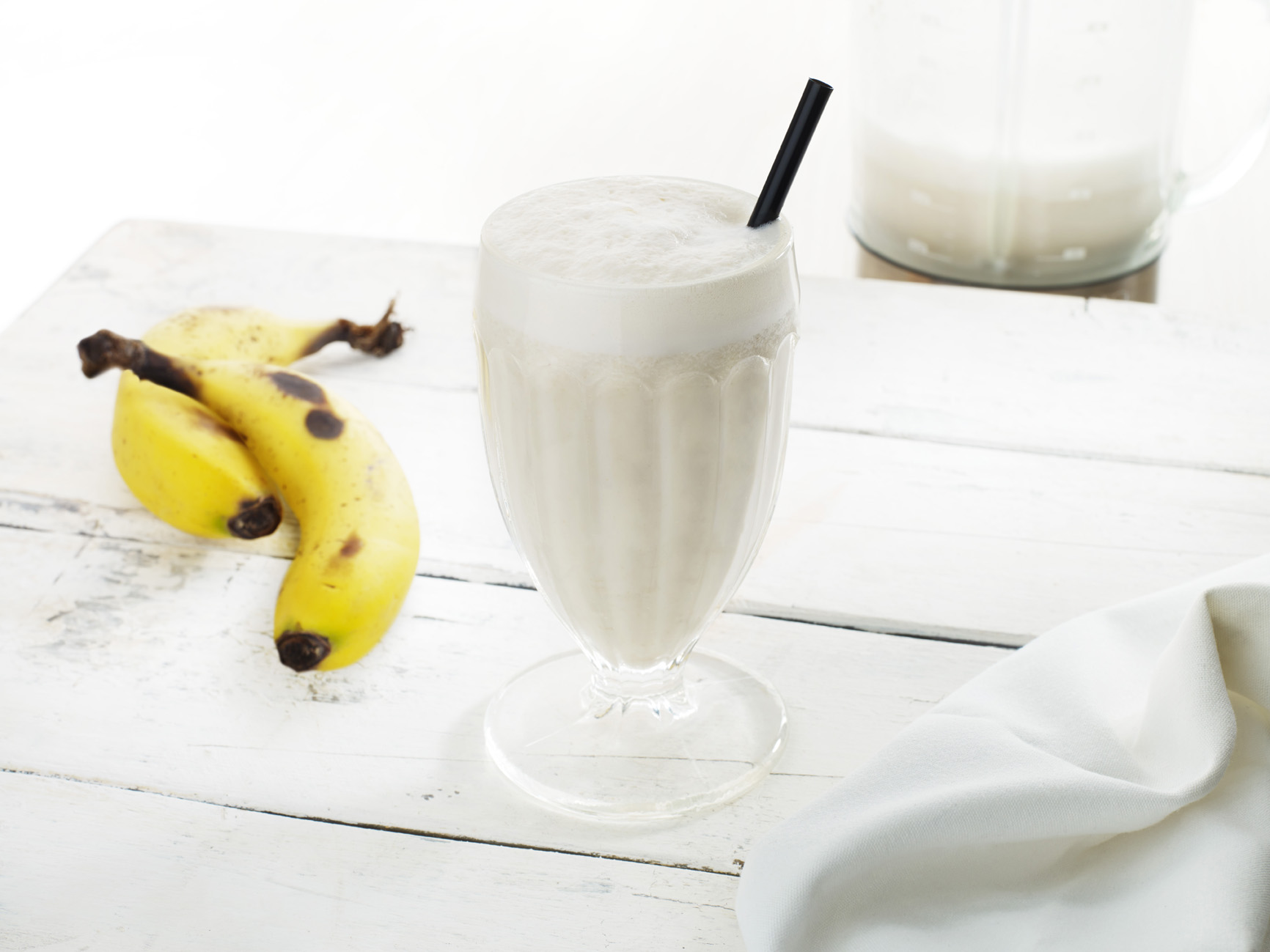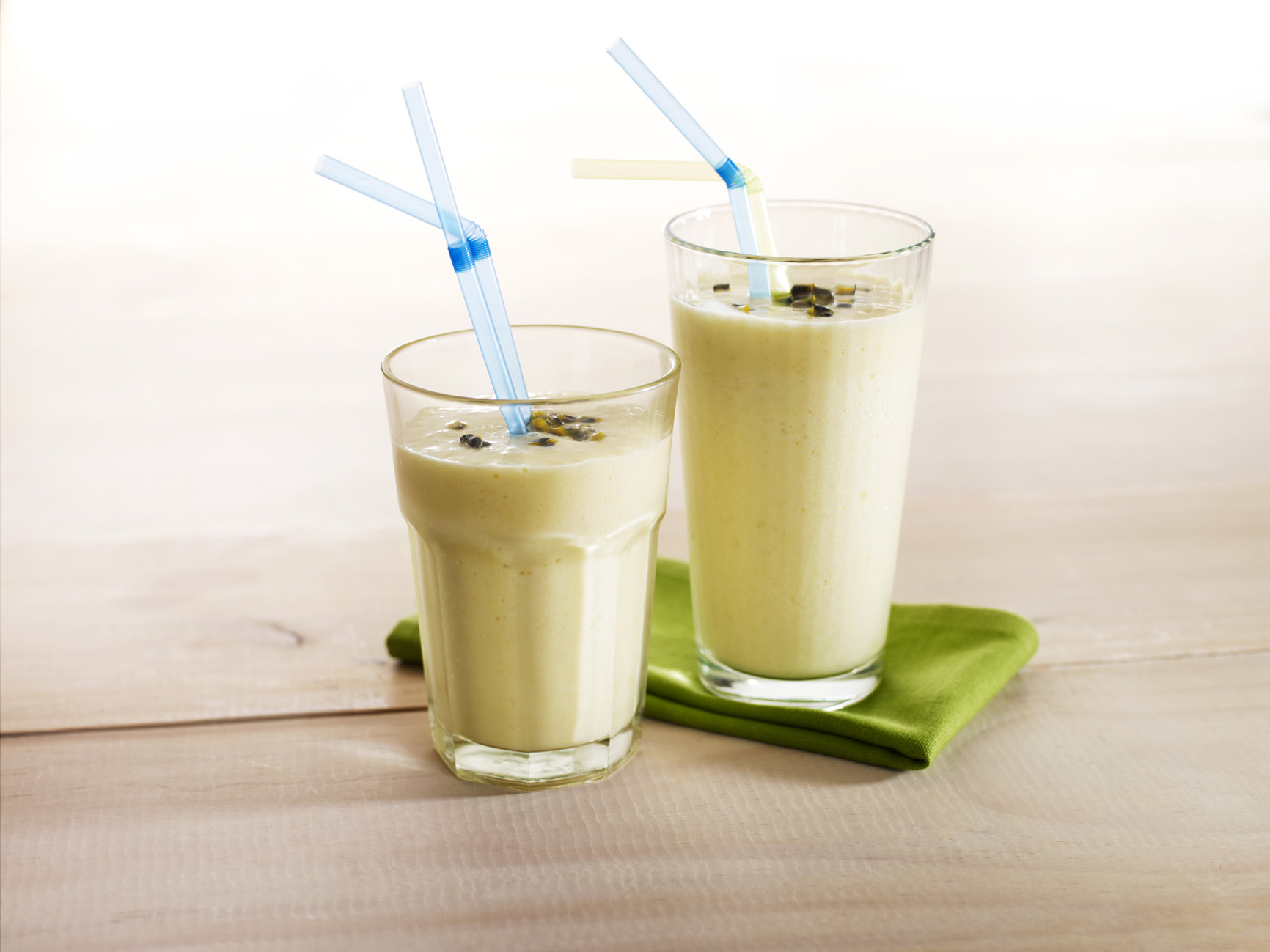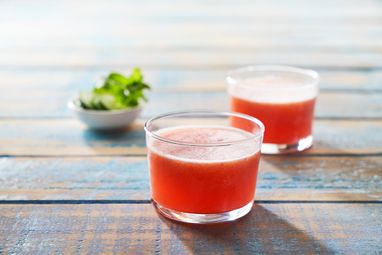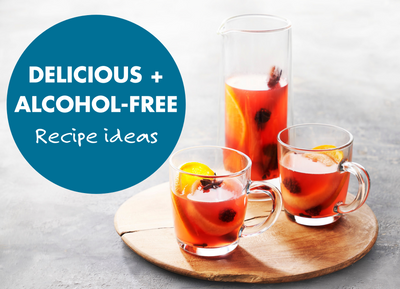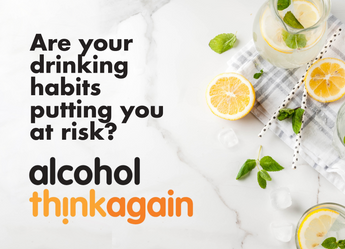How many kilojoules are you drinking?
Alcoholic drinks contain a lot of kilojoules and have no nutritional benefit.
It's the alcohol itself that contains most of the kilojoules (aka calories), not the sugar or other carbs, despite what the alcohol industry advertises! Drinking alcohol can, over time, lead to weight gain. Cutting down or cutting out alcohol will help you avoid weight gain and improve your wellbeing.
Eating less or exercising more to compensate for the extra kilojoules in alcoholic drinks can put your mental and physical health at risk. To reduce your kilojoule intake, cut down on the amount of alcohol you drink rather than trying to offset the kilojoule load in other ways.
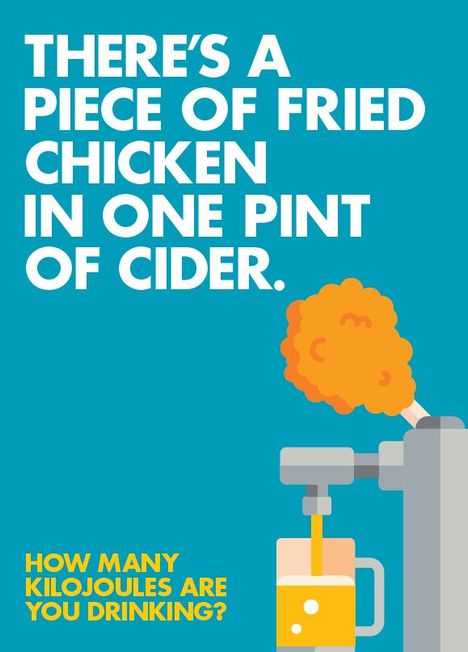
We've got loads of tasty, alcohol-free drinks to choose from.
Find your perfect match!
Tips to cut back
- Organise social catch-ups that don’t centre on alcohol. Head out for lunch with the family and friends or plan a scavenger hunt for your work function
- Have alcohol-free days
- If you do choose to have alcohol, count your drinks and make sure you eat something (healthy!) to reduce your risk of harm
- Click here for more tips to stay low-risk
Benefits of drinking less
- You’ll sleep better, feel more alert and have more energy
- Better sleep means you'll feel more motivated to get out and exercise
- You won't be tempted to reach for a junk food 'hangover cure' (they don’t work!) the next day
- You’ll save cash – the average Aussie spends an alarming $1700 on alcohol each year
- You'll make better food choices - we all know the temptation of a dripping kebab or cheesy pizza after a night out
- You’ll improve your mood
- You’ll reduce your risk of long term health issues including certain cancers, liver disease, heart disease and stroke

Alcohol increases your risk of seven types of cancer including breast, liver, bowel and mouth
